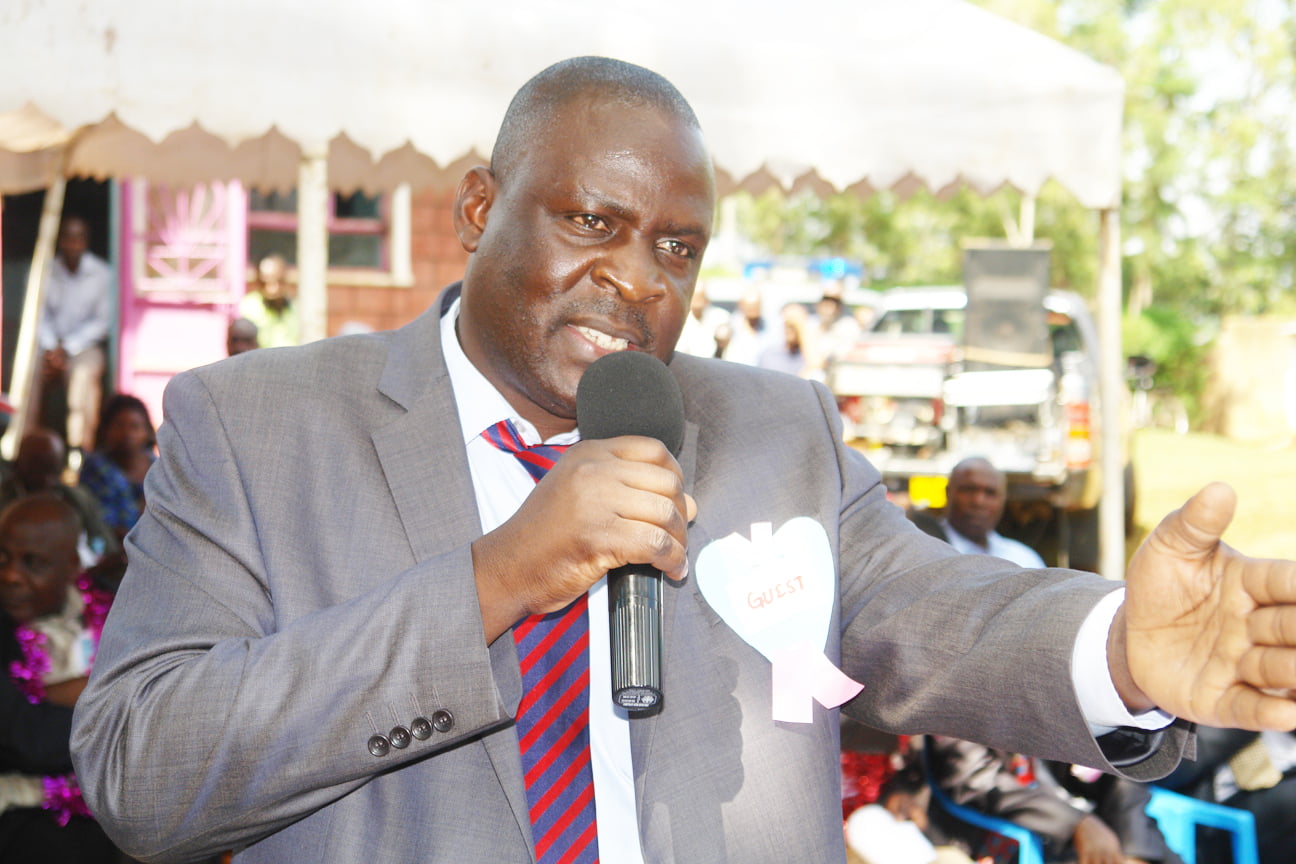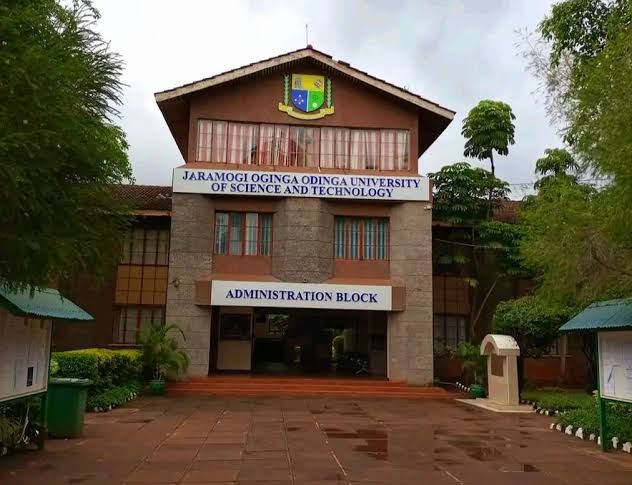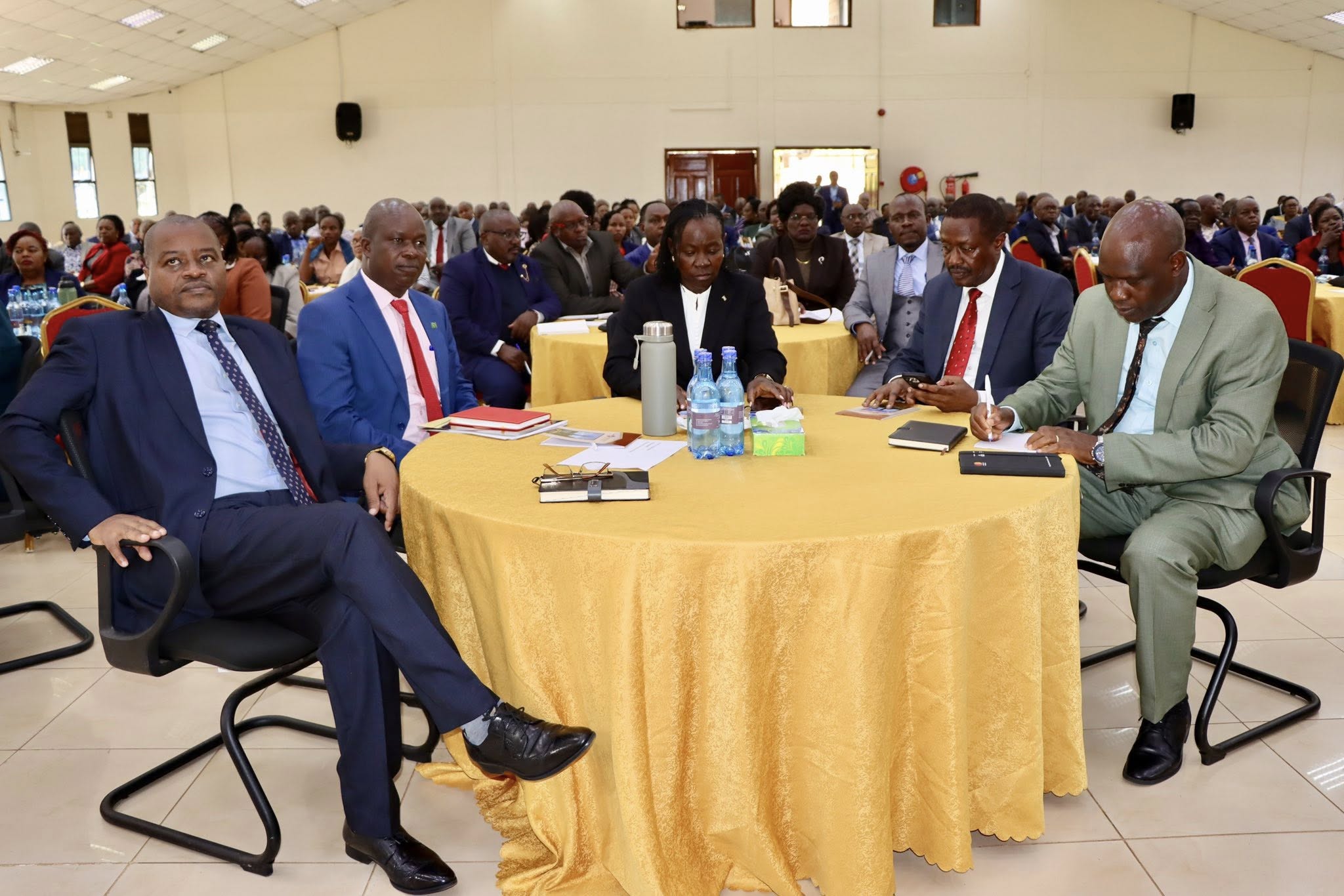Education stakeholders are pushing for the return of the United Nations’ Science, Technology, Engineering and Mathematics (STEM) mentorship programme to increase involvement of girls and women in sciences.
Funded by the United Nations Educational, Scientific and Cultural Organization (UNESCO), STEM education is credited for the improved interest by women and girls in diverse science and technology-linked careers.
The mentorship programme had run for five years and was adjudged as successful before the Covid-19 disruption of 2020.
Ann Therese Ndong-Jatta, the Director of UNESCO Regional Office for East Africa, acknowledged that the mentorship programme should continue mitigating the low participation of girls and women in STEM through close collaboration with the government and private sector to accelerate impact.
Although the programme targeted students from Form One to Three, the UN body revealed in a report that stakeholders expressed the need to invest in girls at an early age to entrench love for sciences, and gradually include boys.
She said requests for adoption of gender-responsive teacher trainings and pedagogy, and inclusive technology and innovation, will be considered in future mentorship projects.
Various firms and mentorship teams in the country have adopted the style used by UNESCO to mentor girls to get interested in STEM, which will culminate in pursuance of science and technology-oriented careers, hitherto viewed as reserves for men.
Since UNESCO’s successful establishment of the mentorship project, requests for similar programmes have intensified. The UN body appreciates that the skills imparted on the beneficiaries and mentors have been deeply entrenched into campaigns to attract girls into sciences.
Under the programme, more than 2,000 students in over 160 secondary schools were mentored in different counties across the country – but the last mentorship camp set for April 2020 never happened because Covid-19 stood on the way.
The mentorship was partly prompted by World Economic Forum 2020 findings which revealed that 65 per cent of children enrolled in primary schools within the last decade were headed for jobs which do not exist today.
Although more girls were attending school, the studies further confirmed that they continued to be significantly under-represented in STEM subjects and in the emerging Information Communication Technology sector.
“The girls appear to lose interest in STEM subjects as they reach adolescence, and hence the need to debunk the myths that girls do not like sciences and other gender stereotypes,” said the UNESCO’s Regional Director.
She explained that since the launch of the mentorship programme, which involved the Ministry of Education (MoE), Kenya National Commission for UNESCO and National Commission for Science, Technology and Innovation, they had learned that past trends need to be reversed through intensive girl mentorship.
The UN body recognized the existing gaps and initiated the STEM Mentorship Programme countrywide in 2014 through Scientific Camps of Excellence targeting secondary school girls.
The one-week intensive mentorship targeted average-performing girls secondary schools, mostly from rural areas, who go through Scientific Camps of Excellence.
This plan is unique in the sense that it encompassed all the facets of STEM mentorship and had a component that incorporated coding and robotics to expose students to the fun and beauty of technology.
By Robert Nyagah
Get more stories from our website: Education News
You can also follow our social media pages on Twitter: Education News KE and Facebook: Education News Newspaper for timely updates.






